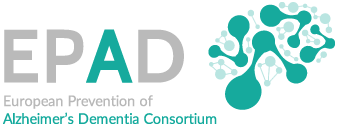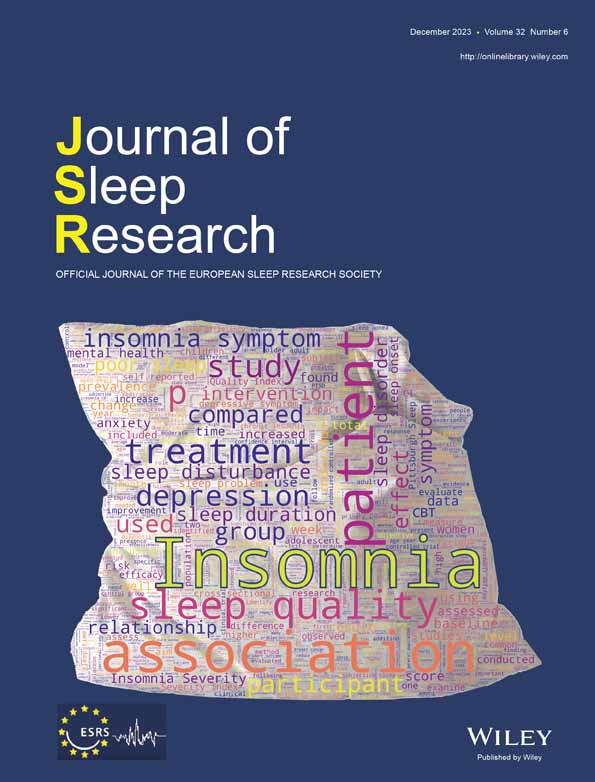
Could you tell us a bit about you?
I am an expert psychologist with a special interest in cognition and its measurement. I have recently been appointed Chief Science Officer at Neurotrack and am Principal Consultant at Metis Cognition, a psychology practice established to advise with the selection and successful integration of cognitive testing into therapeutic development programs. I am also an Associate Professor at the Alzheimer Center of the VUmc in Amsterdam and Visiting Professor at King’s College London.
You are a member of the EPAD Clinical and Cognitive Outcomes Scientific Advisory Group (CCO-SAG). Could you please tell us more about this group, its work and outcomes?
Cognition has a key role and I was delighted when Karen Ritchie and Michael Ropacki asked me to join the CCO-SAG. We were very keen to ensure the work was a transparent process and the initial research reviewing the literature was really helpful as a place to start as we put a natural boundary on the possible ways of thinking about this. After the CCO-SAG met, we published a paper which was essentially an overview of our discussions as well as details of the assessments that we finally determined would be the most useful ones. I think the most obvious immediate outcome was that paper, which has since been very widely cited. You can find the paper here. A further publication followed recently and both papers have hopefully been helpful to people working in the field, both inside and outside of EPAD.
Now we are working into the opportunity to review our work and data. Just a couple of months ago, we completed an analysis of the EPAD baseline data and we have picked out a number of useful pieces of information. We now know much more about EPAD cohort cognitive performance and we are now determining which combination of tests will be the most useful for institutions who want to screen for Alzheimer’s disease. I think we had some reasonably good ideas, but the EPAD process has allowed us to evaluate and test those ideas. We are at the point where we are able to share the findings of the studies we have conducted.
What value do you see in public-private collaboration and networking with related initiatives?
I think one of the really rewarding things about this experience is that you have a strong feeling when you are connected to EPAD, that everybody’s opinion is going to be accounted for, and everybody has a lot to contribute. I’ve long believed that public-private collaborations are amongst the best ways to make progress. This has been true of my own activities, as I spend part of my time conducting academic collaborations and the rest of the time I am working from private organisations, typically pharmaceutical companies. My consultancy is very much a blend of a public-private interaction and I have followed this approach very successfully for the last 20 years. I think this is because the academic side is feeding new information, new findings, new ways of thinking about these issues and the private side, particularly the pharmaceutical and biotech companies, are very good at getting the job done, the combination is very potent.
What are the most prominent challenges you see in Alzheimer’s disease research?
We still have a good number of compounds in the pipeline and we have already seen some value in terms of either preventing progression or giving people some symptomatic relief. The main challenge I see is the need to detect early as possible signs that people are at risk for developing the disease. I think the general public still think that it is a disease of the elderly and our experience is that it is absolutely not always the case. We are seeing much younger people receiving confirmed diagnosis. The big challenge for me is trying to find a methodology that ensures we pick up cases as early as we possibly can, and then make interventions that will slow and perhaps even stop progression.







